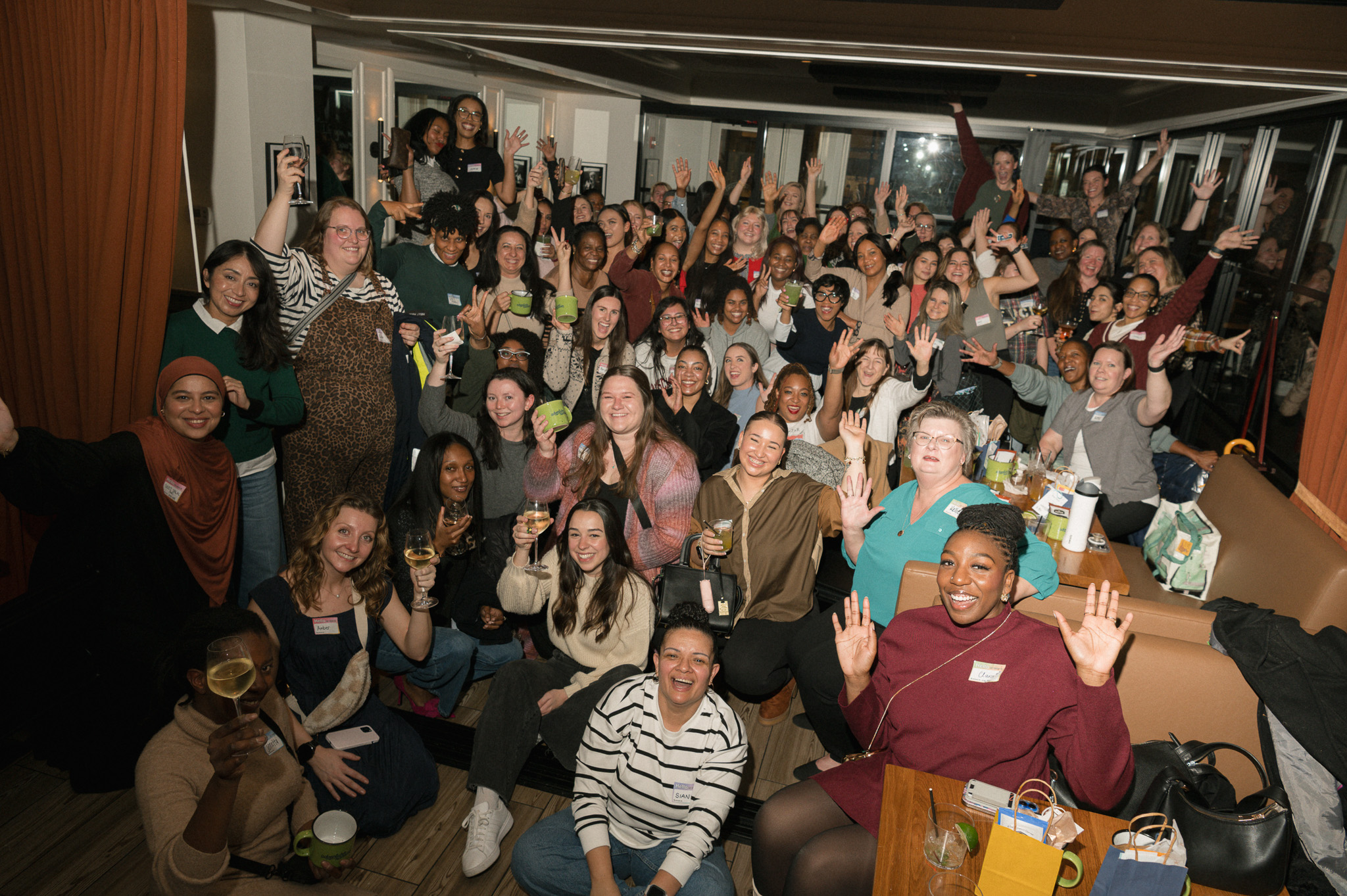As a nanny, you play a unique role in introducing children to different cultures, values, and experiences. When working in a household with traditions or beliefs different from your own, you have the opportunity to foster an inclusive environment that celebrates diversity. Here are some ways to bring curiosity, respect, and inclusivity into your workplace, whether it’s within one family’s home or a multi-nanny setting.

Embrace Curiosity and Open-Mindedness
Approach cultural differences with curiosity and a willingness to learn. If the family you work with has traditions that are unfamiliar to you, ask respectful questions about how they celebrate holidays, follow certain customs, or observe daily routines. This openness shows children that differences are something to explore and appreciate.
Example: If the family observes unique traditions around mealtimes, you might say, “I’d love to know more about why your family does this. It’s fascinating to learn how different people have their own ways of doing things!” Modeling this approach demonstrates for children that cultural differences are something to celebrate.
Share Your Background in a Fun, Informative Way
If it feels comfortable, share parts of your own culture or background with the family and children. Simple things like cooking a meal from your culture, teaching the children a few words in your language, or sharing stories about your traditions can enrich the children’s understanding and encourage them to be curious about the world.
Example: “How about we try cooking a dish from my culture today? It’s one of my favorites!” This introduces children to new experiences and helps them see diversity as something exciting and valuable.

Support Co-Nannies in Multi-Nanny Households
In a multi-nanny household, you might work alongside another nanny with a background different from yours or the family’s. Take the opportunity to support each other and celebrate your unique perspectives. Show respect for each other’s traditions and find ways to integrate both of your backgrounds into the caregiving environment.
Example: If a co-nanny celebrates a holiday unfamiliar to you, ask if there’s a way to honor it in a small, meaningful way with the children. This could be as simple as learning about the holiday together or including a small activity related to it.
Encouraging Respectful Engagement from Children
Children are naturally curious, and they may ask questions about why you do things differently. Use these moments to help them understand diversity with kindness and respect. Answer their questions thoughtfully, and invite them to share about their own family’s traditions as well.
Example: If a child asks about a cultural practice you follow, you might respond, “Everyone has different traditions, and this is one of mine. Do you have any special traditions in your family?” This shows them that everyone’s practices are equally valid and encourages them to see diversity as a normal part of life.
Set Boundaries While Sharing
While sharing your background can enrich the children’s perspective, it’s also okay to set boundaries around what you’re comfortable discussing. If a child’s question feels too personal, gently redirect the conversation.
Example: “That’s a great question, but it’s something I prefer to keep private. I’d love to tell you more about [a related topic], though!” Setting these boundaries helps maintain a respectful and professional environment while still encouraging open-mindedness.

Create Positive Learning Opportunities
Incorporate small cultural lessons into everyday activities to foster a fun and positive learning environment. Whether teaching the children a new phrase, introducing a holiday, or explaining an aspect of your culture, these moments make diversity feel accessible and enjoyable.
Example: “Would you like to learn a few words in my language? It’s a fun way to explore different cultures!” This lets the children see cultural learning as something joyful and engaging.
Be Open to Ongoing Conversations
Fostering inclusivity is a journey, not a one-time event. Check in with the family or co-nannies occasionally to discuss what’s working and how you can continue supporting a welcoming environment. Small, ongoing conversations keep everyone aligned and help maintain a respectful, supportive space.
These practices help create a respectful, inclusive environment where everyone feels valued. By approaching cultural exchange with curiosity and setting clear boundaries, you bring your unique background into the home while guiding the children to be more empathetic and inclusive.


.jpg)
